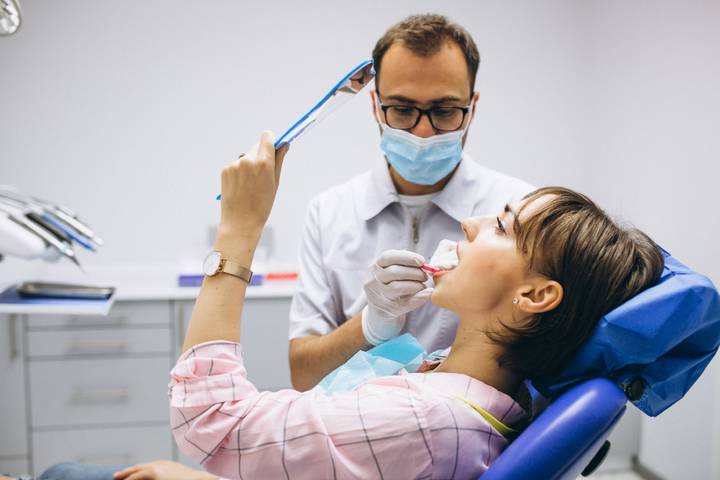It’s quite normal for the surgery site to take time for recovery after the dental extraction surgery. But there has not been a specialized way to speed up or initiate the healing process. Good news is that such treatment is now a possibility in the future.
Due to the poor healing and loss of jawbone, complications can arise. These complications can be quite bothersome for the patients who wait for the right time to get restorative or reconstructive dental treatments.
According to a survey, the treatment with platelet-rich plasma (PRP) at the surgery site can decrease the time required for healing in a significant manner. This treatment doesn’t only accelerate the gum healing process but it is also found to be helpful in preventing the loss of jawbone.
A small research was conducted to study the healing process after wisdom teeth extraction. 6 subjects were involved in this study. Each of the patients had gotten a wisdom tooth extracted from both upper and lower jaws. One of the extraction sites was treated with PRP while the other site was left to heal without any treatment. The patients were asked to come back for evaluation after 3 days, then 1, 2, 3, 4, 6, 8, 12, 16, 20 and 24 weeks. During every dental visit, the dentists looked for the tissue opening, bleeding, inflammation, facial swelling and pain at the extractions sites.

Early x-rays showed significant increase in the bone density in the sites which were PRP treated. After a period of 6 weeks, the bone density of the controlled sites was exactly the same as that in the PRP treated sites after one week.
According to researchers, PRP treated sites had positive changes in the bone density immediately after the extraction of wisdom teeth. On the other hand, the control sites had a decrease in bone density during the first week.
It is worth mentioning that patients didn’t report any difference in pain, swelling, numbness, facial swelling or temperature between the two sites.
The real benefit of speeding up healing process after tooth extraction is that the patients who are in the need of restorative or reconstructive dental work will not have to wait for long. Normal healing time without any PRP treatment is 16 weeks.
The main purpose of this study was to demonstrate the benefits of speeding up the healing process using cost effective methods.
















